Obama Administration Responds to Catholic Group's Birth Control Case
Following a temporary injunction, the Obama administration seeks action.

Following a temporary injunction issued by Justice Sonia Sotomayor on New Year's Eve, the Obama administration argued on Friday that asking Catholic institutions to sign a form exempting them from the Affordable Care Act's birth control mandate is not a "substantial burden" on religious freedom.
The mandate requires employers to offer plans that provide a range of free preventive-care services, including contraception. The Obama administration created an accommodation for religious organizations that oppose birth control, requiring those employers to fill out an exemption form.
The Little Sisters of the Poor Home for the Aged, an organization of Catholic nuns in Denver, asked the Supreme Court to issue a temporary injunction, which Sotomayor granted hours before the Jan. 1 deadline. The group claimed that the form violated their religious beliefs as signing the document would make them "authorize others" to provide contraception.
The Justice Department argued that wouldn't be the case, due to the accommodation granted to religious non-profit groups. The signing of the form would not result in the distribution of any birth control.
"A signed certification will discharge all employer-applicants' responsibilities under the contraceptive-coverage provision, and their employees will not receive such coverage from the third-party administrator. Given these circumstances, applicants' concern that they are 'authorizing others' to provide coverage lacks any foundation in the facts or the law," Solicitor General Donald Verrilli wrote.
Justice Sotomayor will now have to decide if she wants to rule on the injunction herself or have the entire court hear the case.
Stay In The Know
Get exclusive access to fashion and beauty trends, hot-off-the-press celebrity news, and more.
-
 James Middleton Shares Why He Was "Breathless and Flustered" During Meeting With Queen Elizabeth
James Middleton Shares Why He Was "Breathless and Flustered" During Meeting With Queen Elizabeth"I heard a snort of laughter and looked past the Queen to see everyone in the room stifling their giggles."
By Kristin Contino
-
 This Modern Princess Will Break a 600-Year-Old Tradition When She Takes the Throne
This Modern Princess Will Break a 600-Year-Old Tradition When She Takes the ThronePrincess Ingrid Alexandra of Norway will follow in a long-ago ruler's footsteps.
By Kristin Contino
-
 Hailey Bieber's "Favorite Jacket" Is Actually One She Designed
Hailey Bieber's "Favorite Jacket" Is Actually One She DesignedIt's a piece for husband Justin Bieber's new brand.
By Halie LeSavage
-
 36 Ways Women Still Aren't Equal to Men
36 Ways Women Still Aren't Equal to MenFeatures It's just one of the many ways women still aren't equal to men.
By Brooke Knappenberger
-
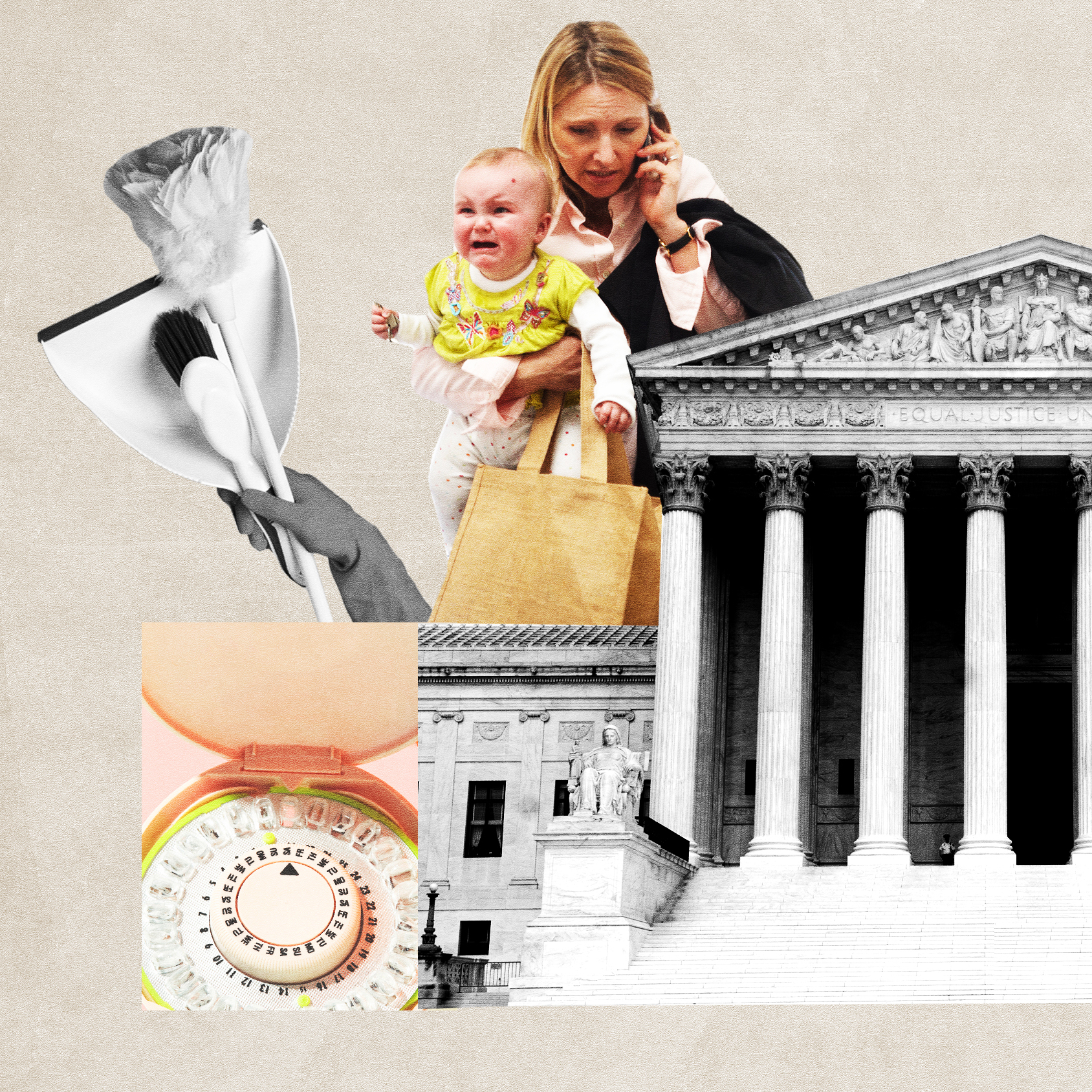 The Secret to Having \201cIt All\201d? A Society That Actually Supports Women
The Secret to Having \201cIt All\201d? A Society That Actually Supports WomenWhen asked how I \201chave it all,\201d I often cite my own hard work. But the truth is I had access to certain rights and privileges that are now under more attack than ever.
By Jo Piazza
-
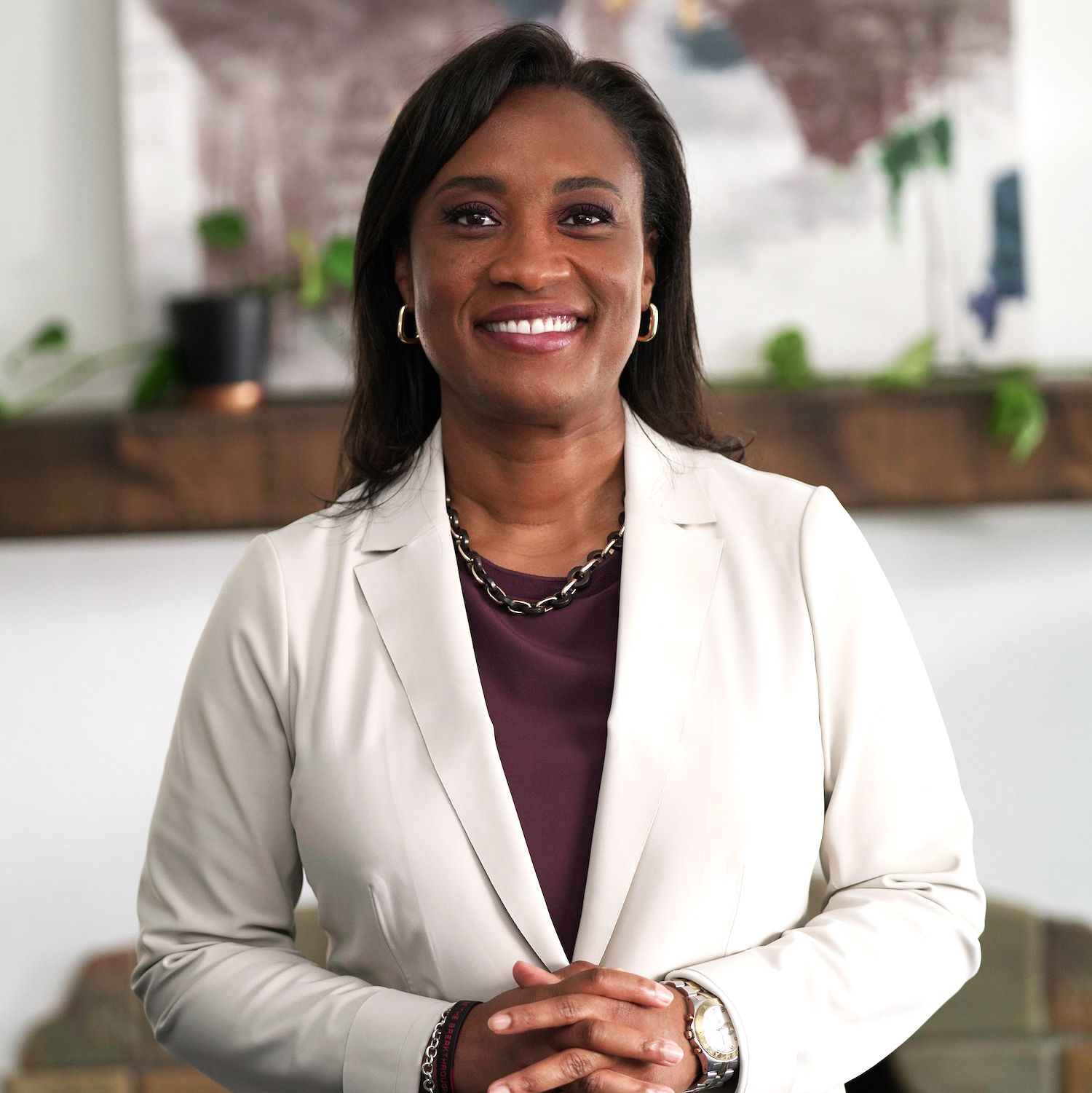 EMILY's List President Laphonza Butler Has Big Plans for the Organization
EMILY's List President Laphonza Butler Has Big Plans for the OrganizationUnder Butler's leadership, the largest resource for women in politics aims to expand Black political power and become more accessible for candidates across the nation.
By Rachel Epstein
-
 Want to Fight for Abortion Rights in Texas? Raise Your Voice to State Legislators
Want to Fight for Abortion Rights in Texas? Raise Your Voice to State LegislatorsEmily Cain, executive director of EMILY's List and and former Minority Leader in Maine, says that to stop the assault on reproductive rights, we need to start demanding more from our state legislatures.
By Emily Cain
-
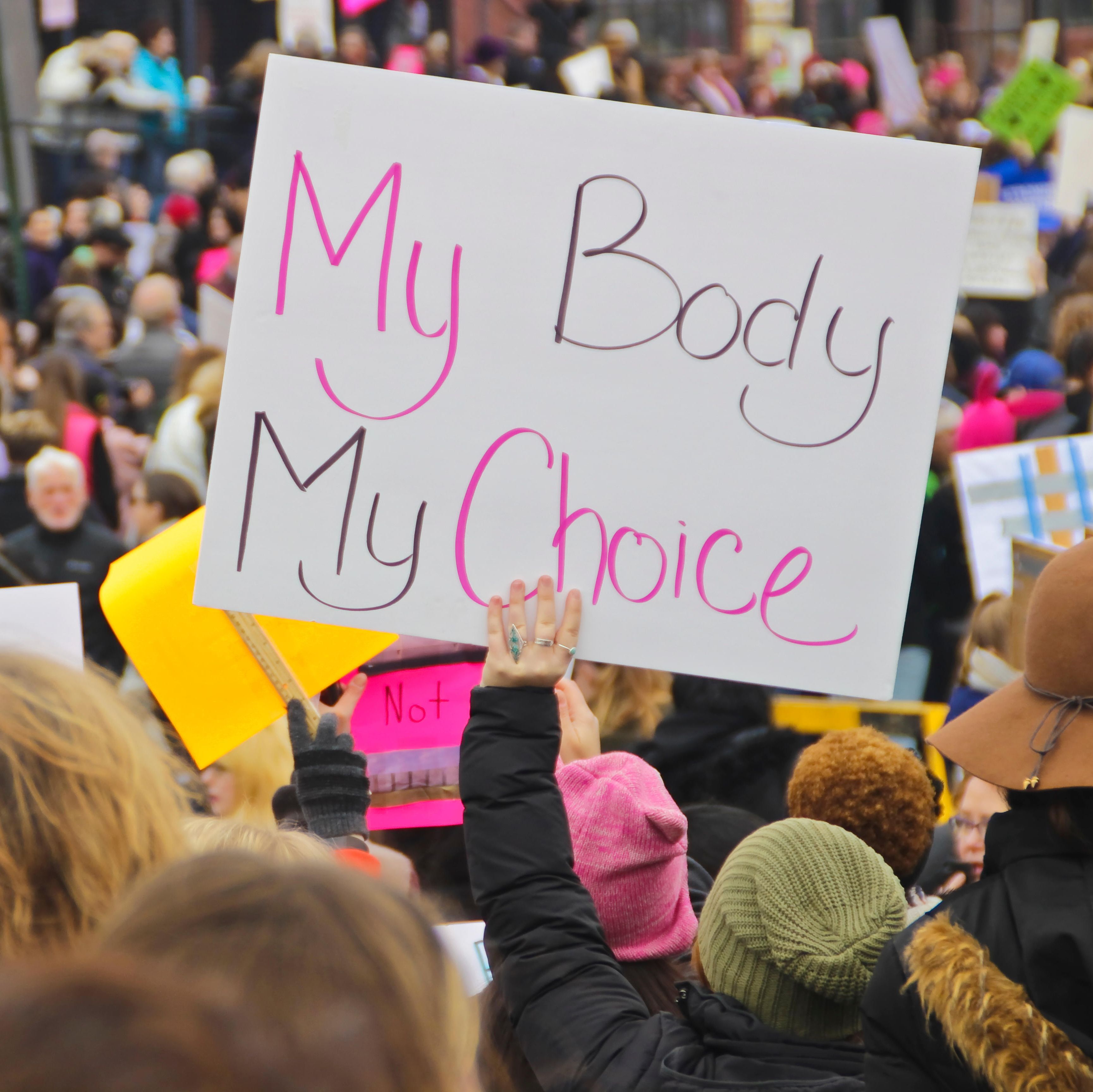 Your Abortion Questions, Answered
Your Abortion Questions, AnsweredHere, MC debunks common abortion myths you may be increasingly hearing since Texas' near-total abortion ban went into effect.
By Rachel Epstein
-
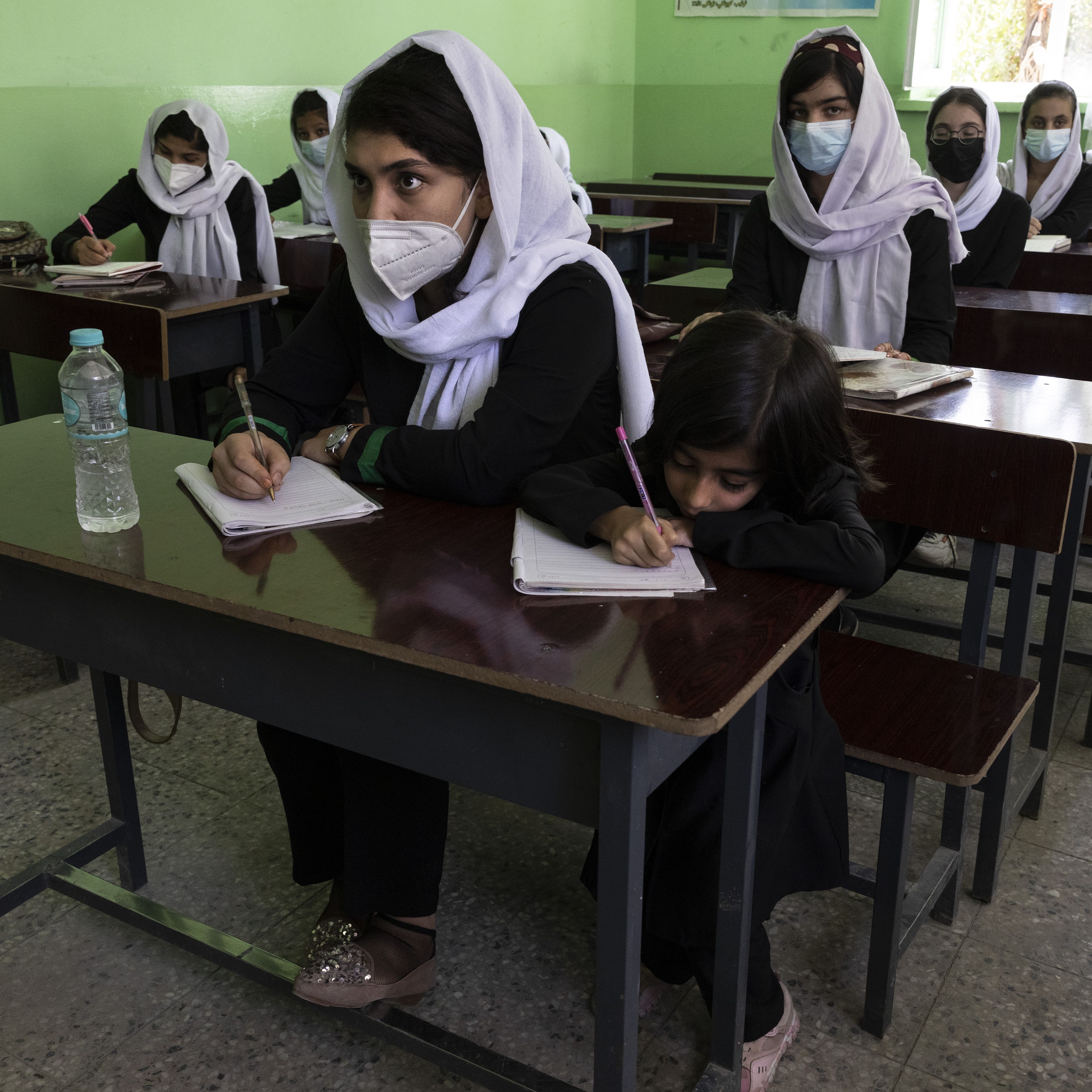 The Future of Afghan Women and Girls Depends on What We Do Next
The Future of Afghan Women and Girls Depends on What We Do NextBetween the U.S. occupation and the Taliban, supporting resettlement for Afghan women and vulnerable individuals is long overdue.
By Rona Akbari
-
 How to Help Afghanistan Refugees and Those Who Need Aid
How to Help Afghanistan Refugees and Those Who Need AidHow To With the situation rapidly evolving, organizations are desperate for help.
By Katherine J. Igoe
-
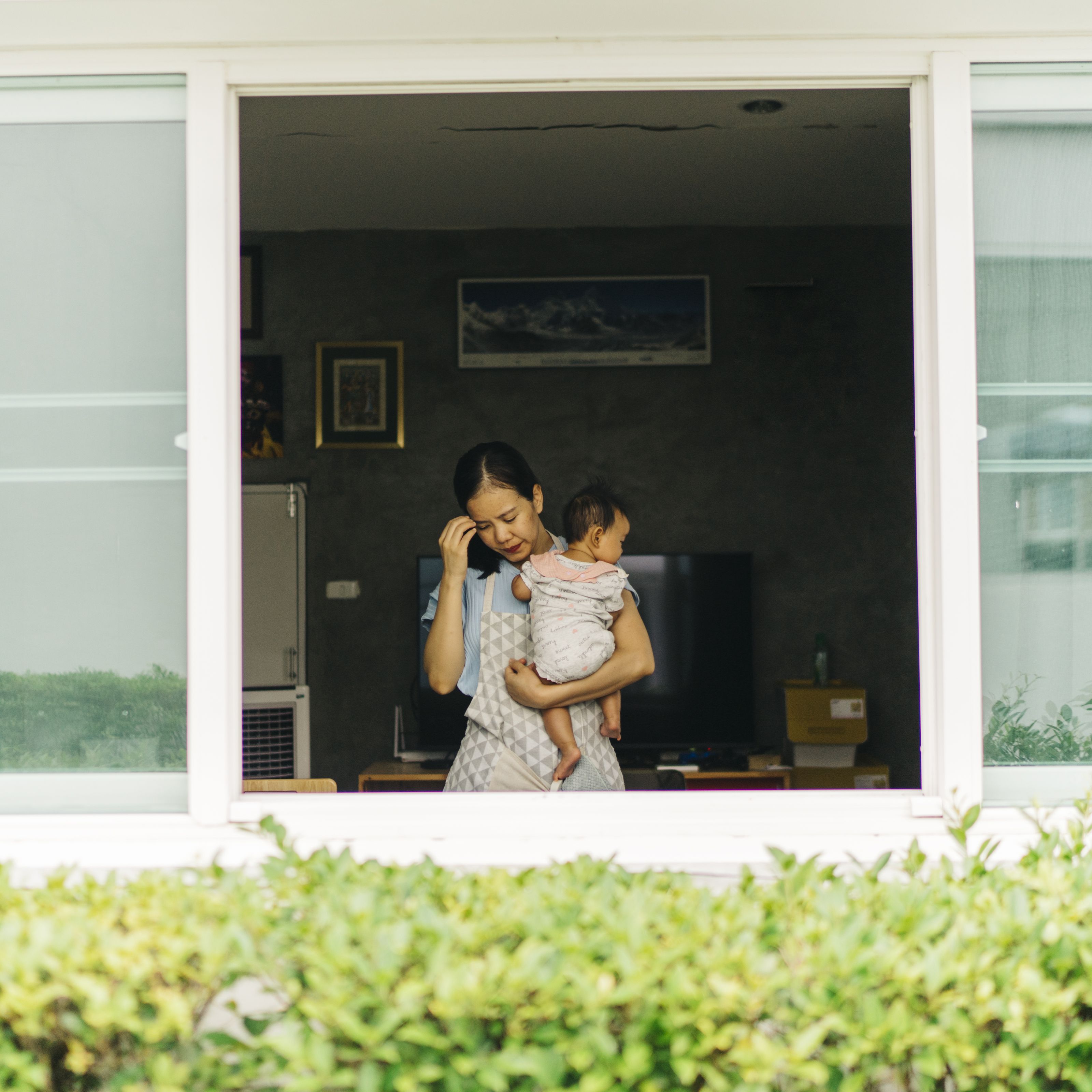 It’s Time to Give Domestic Workers the Protections They Deserve
It’s Time to Give Domestic Workers the Protections They DeserveThe National Domestic Workers Bill of Rights, reintroduced today, would establish a new set of standards for the people who work in our homes and take a vital step towards racial and gender equity.
By Ai-jen Poo